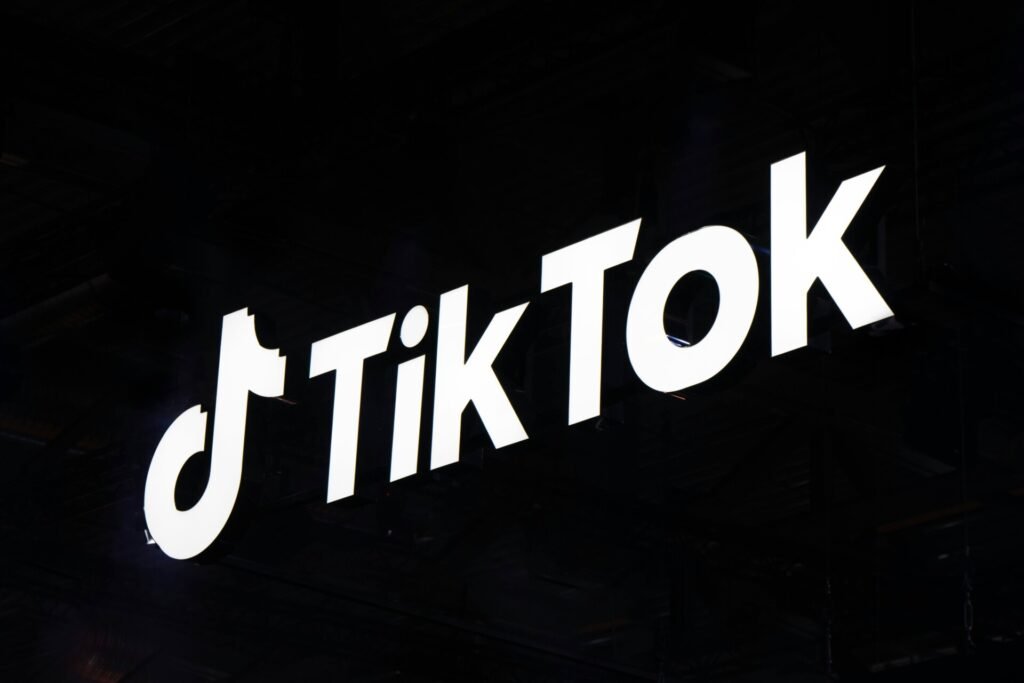ByteDance’s intern AI interference recently led the company to fire the intern for purposely messing with an AI model’s training. Despite the circumstances, ByteDance denied that the intern had caused significant damage. The corporation claimed that social media posts overstated the intern’s involvement with its artificial intelligence. Despite ByteDance’s assurances that its AI processes were mostly unaffected, the issue received widespread notice.
ByteDance stated that the intern was from the advertising technology team, not the Artificial Intelligence Lab. The firm recognized specific news websites and the intern’s social media pages as sources of incorrect information regarding the occurrence. Doubao, ByteDance’s generative chatbot akin to ChatGPT, is China’s most popular artificial intelligence model.
According to the company’s statement to the general public, ByteDance’s intern AI interference did not affect the business’s commercial AI activities, which comprised enormous language models. The company denied that disrupting a training system powered by thousands of GPUs cost them more than $10 million. ByteDance acknowledged the gravity of the situation and said that media reports overestimated its severity.
In addition to firing the intern in August, ByteDance informed the intern’s university and industry people about the incident. These actions demonstrate the company’s commitment to operational security and contribute to preventing such occurrences. ByteDance has developed two cutting-edge programs: the text-to-video converter Jimeng and the Doubao chatbot. Each application has firmly established itself as a leader in its respective fields within artificial intelligence technology.
As ByteDance continues to invest heavily in AI, it remains focused on enhancing its technologies while addressing security and operational challenges. This incident highlights the importance of maintaining a secure environment in an industry that is rapidly evolving.









